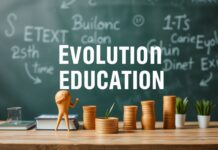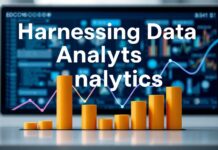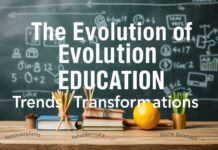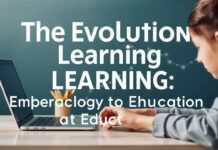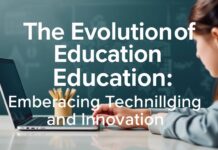Exploring AI through Science Fiction
In a world where technology is rapidly evolving, the integration of artificial intelligence (AI) into education has become a hot topic of discussion. Educators and students alike are grappling with the potential benefits and challenges that come with introducing generative AI into classrooms and society at large. But how can we navigate these complex conversations in a way that is engaging and thought-provoking?
The Power of Fiction in Understanding AI
One unexpected source of insight may lie in the world of science fiction. By delving into the imaginative narratives crafted by authors like Isaac Asimov, Robert Heinlein, William Gibson, and others, we can gain valuable perspectives on the ethical, social, and practical implications of AI technologies. These fictional stories serve as mirrors reflecting contemporary social issues, allowing us to explore complex themes in a speculative and creative context.
Through works like Asimov’s “I, Robot,” Heinlein’s “The Moon is a Harsh Mistress,” and Gibson’s “Neuromancer,” readers are prompted to consider questions about the nature of consciousness, the impact of AI on human identity, and the potential consequences of AI technologies. These narratives offer a rich tapestry of scenarios and dilemmas that can help educators and students develop critical thinking skills and engage in meaningful discussions about the role of AI in our lives.
Bringing Fiction into the Classroom
Imagine a classroom where students are not only learning from textbooks and lectures but also exploring the ethical implications of AI development through the lens of science fiction. By incorporating novels like Kazuo Ishiguro’s “Klara and the Sun” or Neal Stephenson’s “The Diamond Age” into the curriculum, educators can spark conversations about access inequality, educational inequities, and the risks of bias in AI systems.
These literary works provide a gateway to discussing real-world issues surrounding AI in a way that is both engaging and relatable. By encouraging students to think critically about the implications of AI technologies, educators can help prepare the next generation for a future where AI plays an increasingly prominent role in society.
Empowering Conversations through Fiction
As we navigate the complexities of integrating AI into education and beyond, it is essential to leverage the power of fiction as a tool for critical thinking and meaningful dialogue. By exploring the ethical dilemmas, social implications, and technological advancements depicted in science fiction literature, we can gain a deeper understanding of the challenges and opportunities that lie ahead in our AI-driven world.
So, the next time you find yourself pondering the role of AI in education, consider picking up a science fiction novel. Who knows, you might just uncover new insights and perspectives that could shape the way you think about the future of AI.


